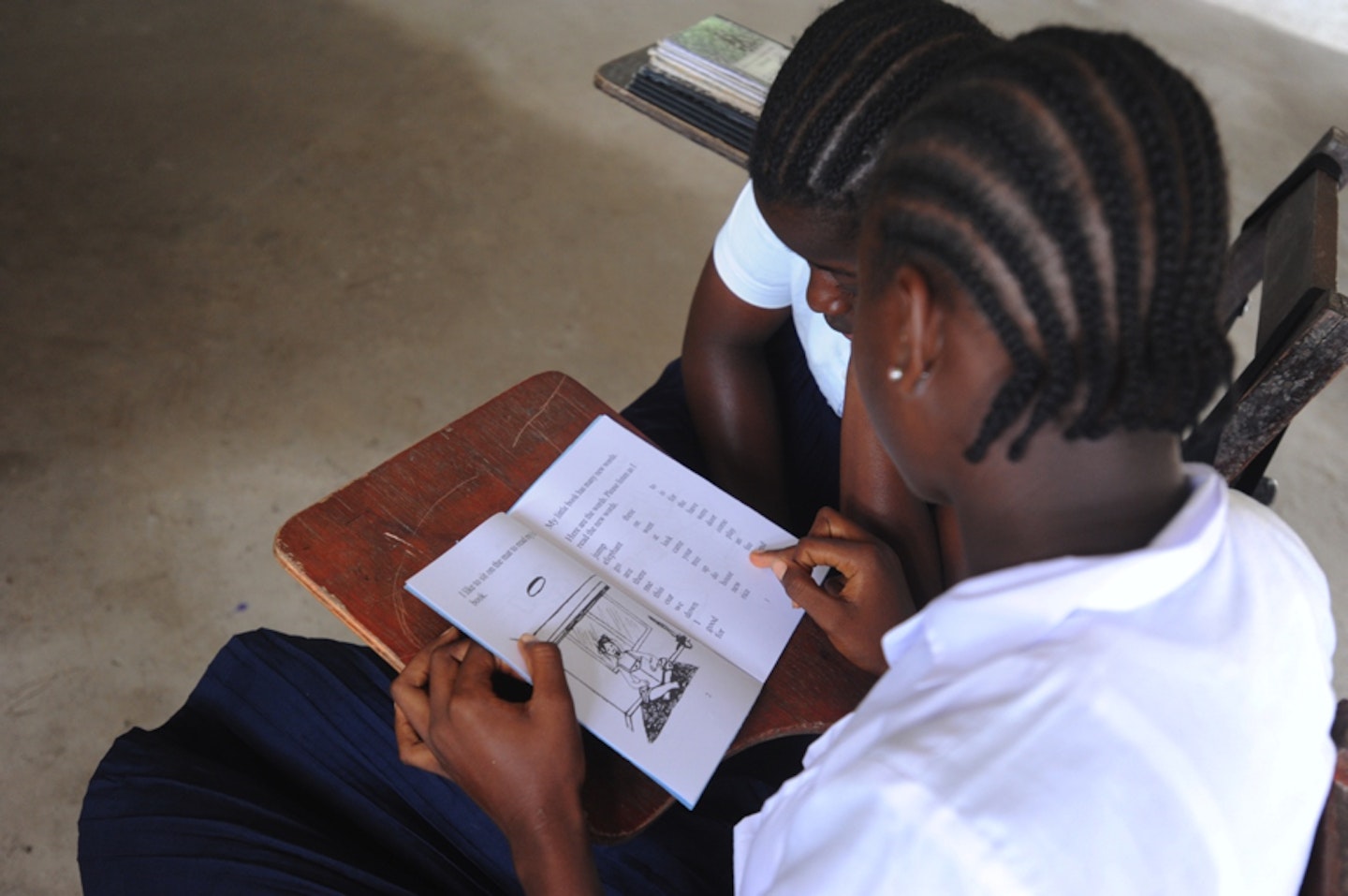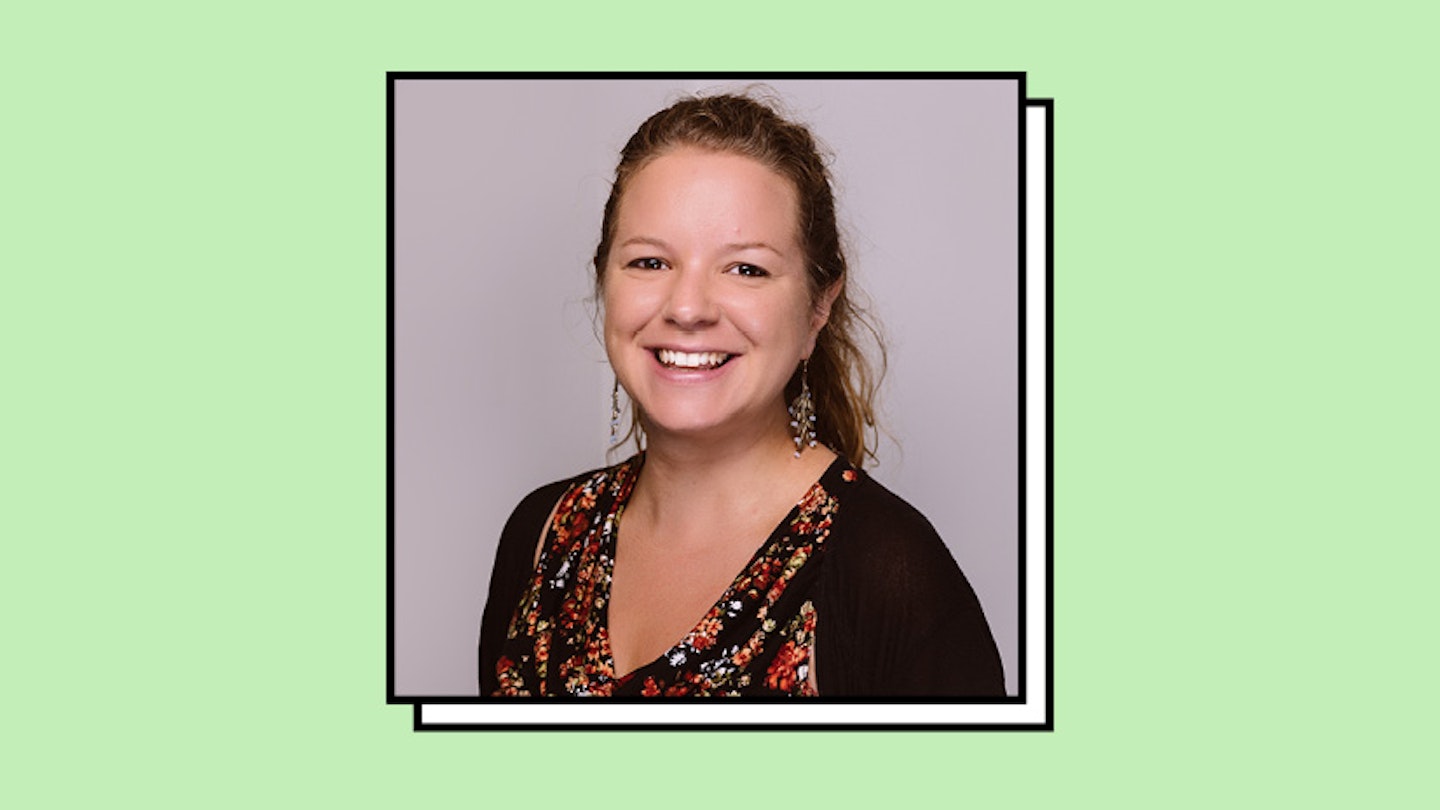In Sierra Leone, 46% of girls and young women aged 15-24 do not know how to read and write compared to 72% of boys and men (UNICEF). Megan Lees-McCowan is the Head of Programmes for Africa, for the charity Street Child and works between there, Liberia and Nigeria, to help young people get into education. Especially girls.
‘We’ve really been working with girls in the last few girls in the last few years, to help the finish education' she tells The Debrief, 'the girl’s we meet are incredibly sparky and definitely not shy and retiring! The have tons of energy and character and I love talking to them about their future and supporting them through school'.
Packing up all of your things and moving to another part of the world to work to make other people's lives better, on paper, a selfless thing to do. The most of another culture I’ve experienced (so far in my life) is a happy hour cocktail bar in Malaga. The most nicest thing I’ve ever done for someone (up until now) is send my mum a candle in the post, when she had the flu. The stuff of molar-grinding mediocrity, you are right. So, imagine how I felt when I met Megan, of the most nicest people on the planet, whose actual job it is, to help get children in Africa into education. However, Megan stresses that Sierra Leone is her idea of paradise.
‘I’m currently looking over a balcony and i’m looking out at a jungle scene and I can see the sea’, she says, 'I’m working in lots of places people have never been and it’s an amazing, beautiful country with fantastic beaches. When people come to Sierra Leone for the marathon, they don’t realise how beautiful it is here. They assume it’s going to be scary, but it’s really not.’ There are, Megan points out, a lot of outdated misconceptions about Africa in the West.
When I, somewhat naively, ask her what she does when she's not working Megan laughs - ‘Tinder is huge on the expat scene in Sierra Leone...if you dare and see half your colleagues on it, that is!’
So, in answer to our question: what is it actually like to be a young woman working as an aid worker in Sierra Leone? Turns out, the answer is: not only fulfilling but a right laugh.
‘Every Friday night we have a massive night out on the beach road, where there are lots of bars. No one goes out till at least mid night, so people will have parties beforehand!’ she explains. And yet, there's no forgetting that Sierra Leona has experienced more than its fair share of problems: from Ebola to a decade-lone civil war and fatal natural disasters so Megan's job, as Head of Programmes, isn't exactly always a walk in the park.
Street Child’s priority is to ensure kids are being taught adequately in schools and are even able to attend a school in the first place.
‘Lots of children aren’t going to school and if they are, they’re not learning,’ Megan explains. ‘Because of untrained teachers, very overcrowded classrooms and lack of basic resources like pens, paper and textbooks - children are leaving primary school unable to write’.

‘So' she says 'this program is going to be looking at those issues and even giving them pens, paper and textbooks.’ Why is this so important? Because, Megan explains, ‘getting up to Grade six is not a given in Sierra Leone.’
It’s obvious that Megan is passionate about change and is resilient- traits which, she admits, are crucial for those considering a career in the charity sector.
‘For anyone who’s interested in a similar career, I would advise internships. But don’t get caught in the trap of doing it for a really long time! Find a good one - find out what area you what to go to and find work experience that is relevant to what you want to do' she says.
Megan works for NGO Street Child. Street Child's latest appeal 'Right to Learn' is supported by the UK government. Until 15th February all donations will be matched pound for pound through UK Aid Match. To learn more visit their website.
This article originally appeared on The Debrief.
